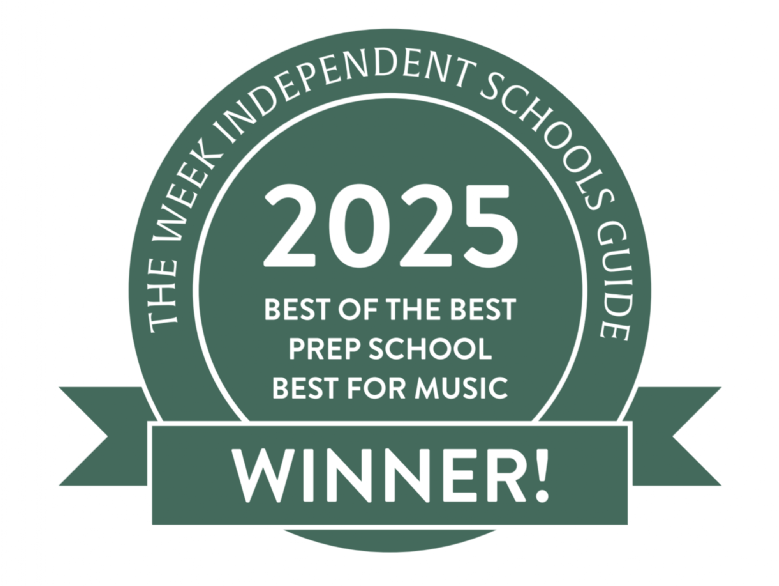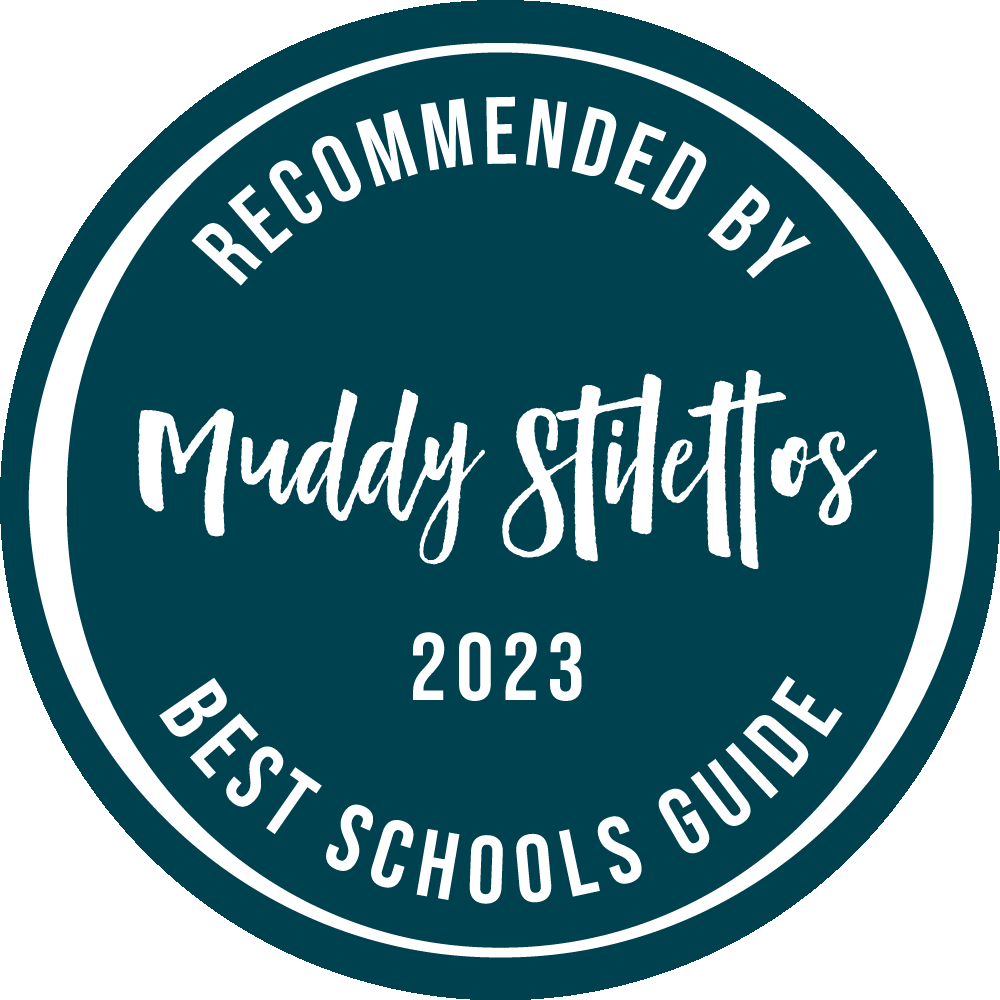A World Apart – We're in it Together
.jpg)
While Mr Butcher is away at the IAPS Heads Conference, Mr Cuyler has kindly stepped into his shoes and provided some thoughts for you to consider this week...
As parents, we all want our children to grow up in a world that is kind, supportive, and full of opportunity. But looking around today, it can feel like the world is more divided than ever. Differences in opinions, backgrounds, beliefs and personal or collective agenda can sometimes seem like barriers rather than opportunities to learn from one another. In the midst of this, one of the greatest gifts we can give our children is the ability to build meaningful relationships based on respect, understanding, and empathy.
Empathy is at the heart of strong, healthy communities. It helps all of us navigate friendships, resolve conflicts, and understand the perspectives of others. However, as psychologist Jamil Zaki points out, "Empathy isn’t just something we have or don’t have - it’s a skill we can strengthen, like a muscle."
Yet in a world where social media and news headlines often highlight division rather than connection, it’s easy to see how that "muscle" can weaken. The good news is that families and communities play a powerful role in nurturing empathy in children. The more we model kindness and open-mindedness, the more our children will learn to see differences as something to be curious about rather than something to fear.
It’s not always easy to find common ground with others who think differently from us, but finding ways to connect on a human level is a great place to start. One wonderful example of this is The People’s Supper initiative based in New York, which brings people together over shared meals to foster understanding. Co-founder Lennon Flowers suggests that instead of always searching for "common ground," we should focus on "common humanity." That means focusing on what unites us rather than what divides us - something we can practice in our own homes by encouraging respectful conversations and exposing our children to different perspectives.
Strong relationships aren’t just important for getting along with others; they’re essential for our emotional well-being. Research shows that people who feel connected to others tend to be happier, more resilient, and better equipped to handle stress. This is just as true for children as it is for adults.
When we help our children build strong, empathetic relationships, we’re setting them up for a lifetime of meaningful connections. In today’s world, it’s easy to get caught up in debates or focus on the myriad reasons we should not see eye to eye, but when we practice kindness and active listening, we create an environment where children feel safe to express themselves and understand others in return (even if they don’t agree on everything).
While the world outside may sometimes seem divided, there are many simple ways we can foster empathy and understanding in our daily lives:
- Encourage Perspective-Taking: When our children are upset about disagreements, we can gently ask questions like, "How do you think the other person felt?"
- Lead by Example: As parents and teachers we should try to show kindness and patience in our own interactions, whether it’s with family members, neighbours, or strangers.
- Read Diverse Stories Together: Books are a wonderful way for children to step into someone else’s shoes and see the world through different eyes, and with World Book Day (6 March) fast approaching, we have a wonderful opportunity showcase stories that allow children to engage with human stories.
- Create Opportunities for Meaningful Conversations: Supper as a family, walks, or bedtime chats can be great moments to talk about feelings, differences, and the importance of respect.
- Teach the Power of Listening: We need to encourage our children to listen fully before responding in a conversation. Feeling heard is one of the best ways to build connection.
It’s natural to want to protect our children from the negativity in the world, but one of the best things we can do is prepare them to be forces for good within it. By helping them build empathy, respect, and a spirit of understanding, we are raising them to be not just kind individuals, but also peacemakers, bridge-builders, and compassionate friends.
Even though the world can sometimes feel divided, we are all in it together. And when we work to strengthen the bonds of connection in our own families and communities, we help create a world that is more inclusive, understanding, and hopeful.
Craig Cuyler
Designated Safeguarding Lead/Director of Wellbeing/Head of PSHEe








